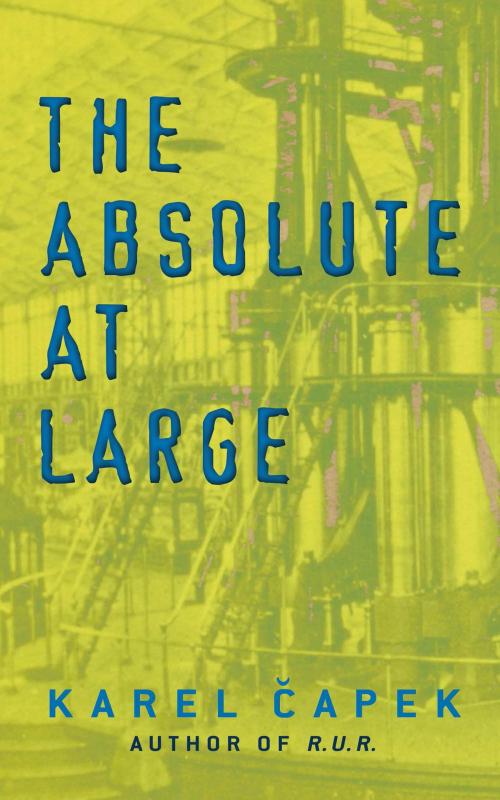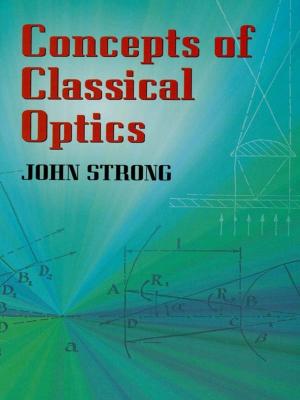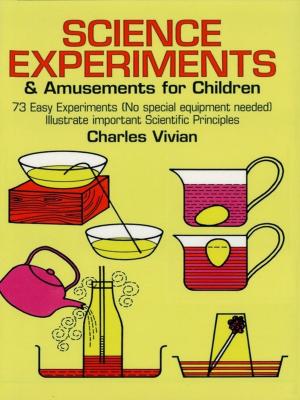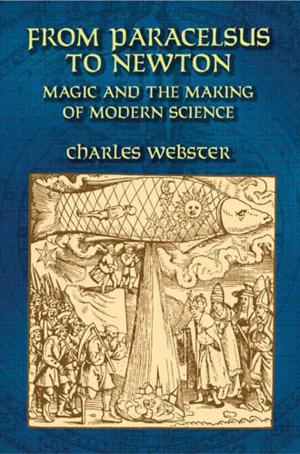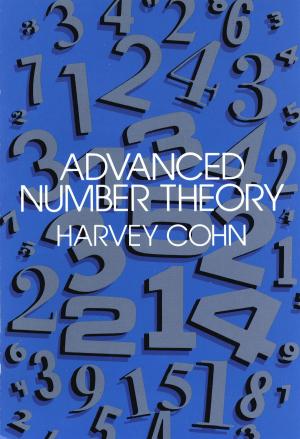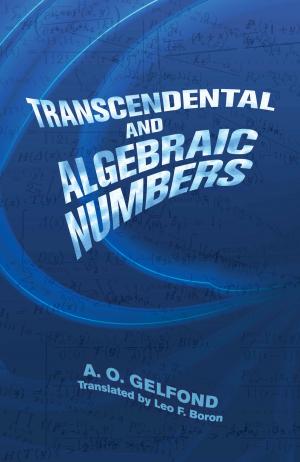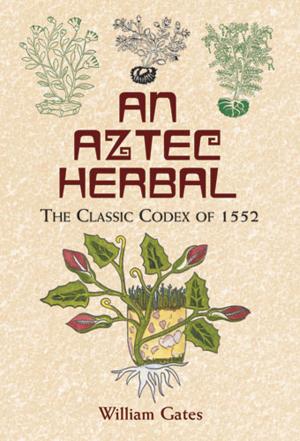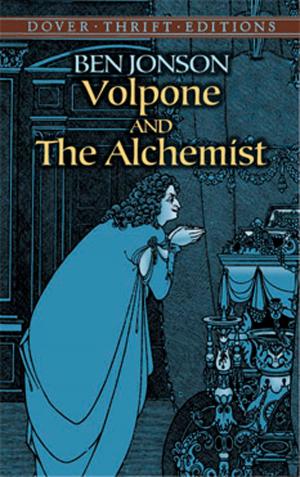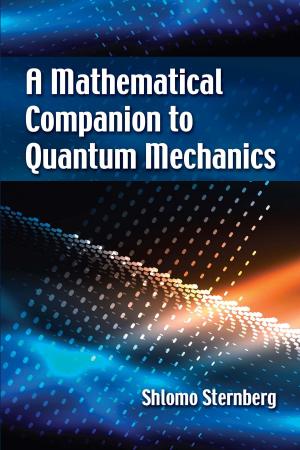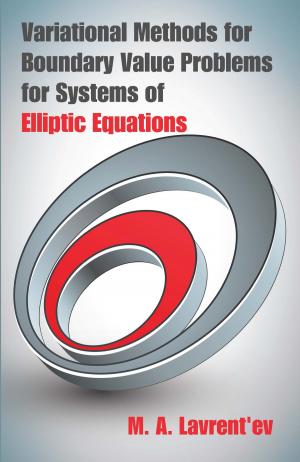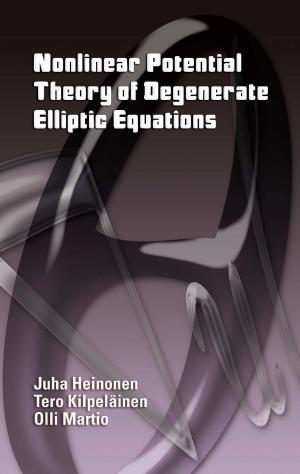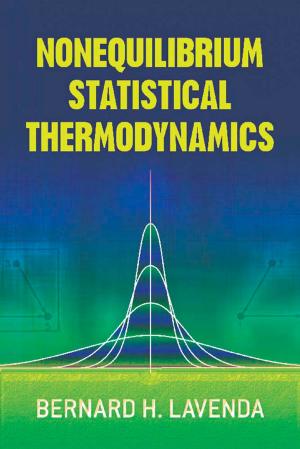| Author: | Karel Capek | ISBN: | 9780486841380 |
| Publisher: | Dover Publications | Publication: | July 17, 2019 |
| Imprint: | Dover Publications | Language: | English |
| Author: | Karel Capek |
| ISBN: | 9780486841380 |
| Publisher: | Dover Publications |
| Publication: | July 17, 2019 |
| Imprint: | Dover Publications |
| Language: | English |
"One of the genuine masterpieces of sci-fi." — R. D. Mullen
In this satirical and enduringly relevant work of science fiction, the acclaimed Czech author Karel Čapek offers a prescient fable of the benefits and dangers of atomic power. Originally published in 1922, the story is set in a then-futuristic Czechoslovakia of 1943, in which an inventor develops the Karburator, a device with the potential to provide abundant low-cost energy. But the reactor's exciting possibilities are shadowed by its dangerous side effect: instead of carbon dioxide, it emits the Absolute, a spiritual essence that inspires a powerful religious fervor. Greed triumphs over ethics as the inventor and his business partner proceed with mass production of the Karburator, resulting in simmering religious strife that ignites a world war.
Karel Čapek is best known for popularizing the term "robot" in his play R.U.R., a seminal work of science fiction in which the robots are metaphors for a world dehumanized by social organization and technology. He offers another strikingly foresighted vision in The Absolute at Large, written decades before global warming awareness yet predicting the catastrophic consequences of the unchecked pursuit of profit by business and industry.
"One of the genuine masterpieces of sci-fi." — R. D. Mullen
In this satirical and enduringly relevant work of science fiction, the acclaimed Czech author Karel Čapek offers a prescient fable of the benefits and dangers of atomic power. Originally published in 1922, the story is set in a then-futuristic Czechoslovakia of 1943, in which an inventor develops the Karburator, a device with the potential to provide abundant low-cost energy. But the reactor's exciting possibilities are shadowed by its dangerous side effect: instead of carbon dioxide, it emits the Absolute, a spiritual essence that inspires a powerful religious fervor. Greed triumphs over ethics as the inventor and his business partner proceed with mass production of the Karburator, resulting in simmering religious strife that ignites a world war.
Karel Čapek is best known for popularizing the term "robot" in his play R.U.R., a seminal work of science fiction in which the robots are metaphors for a world dehumanized by social organization and technology. He offers another strikingly foresighted vision in The Absolute at Large, written decades before global warming awareness yet predicting the catastrophic consequences of the unchecked pursuit of profit by business and industry.
